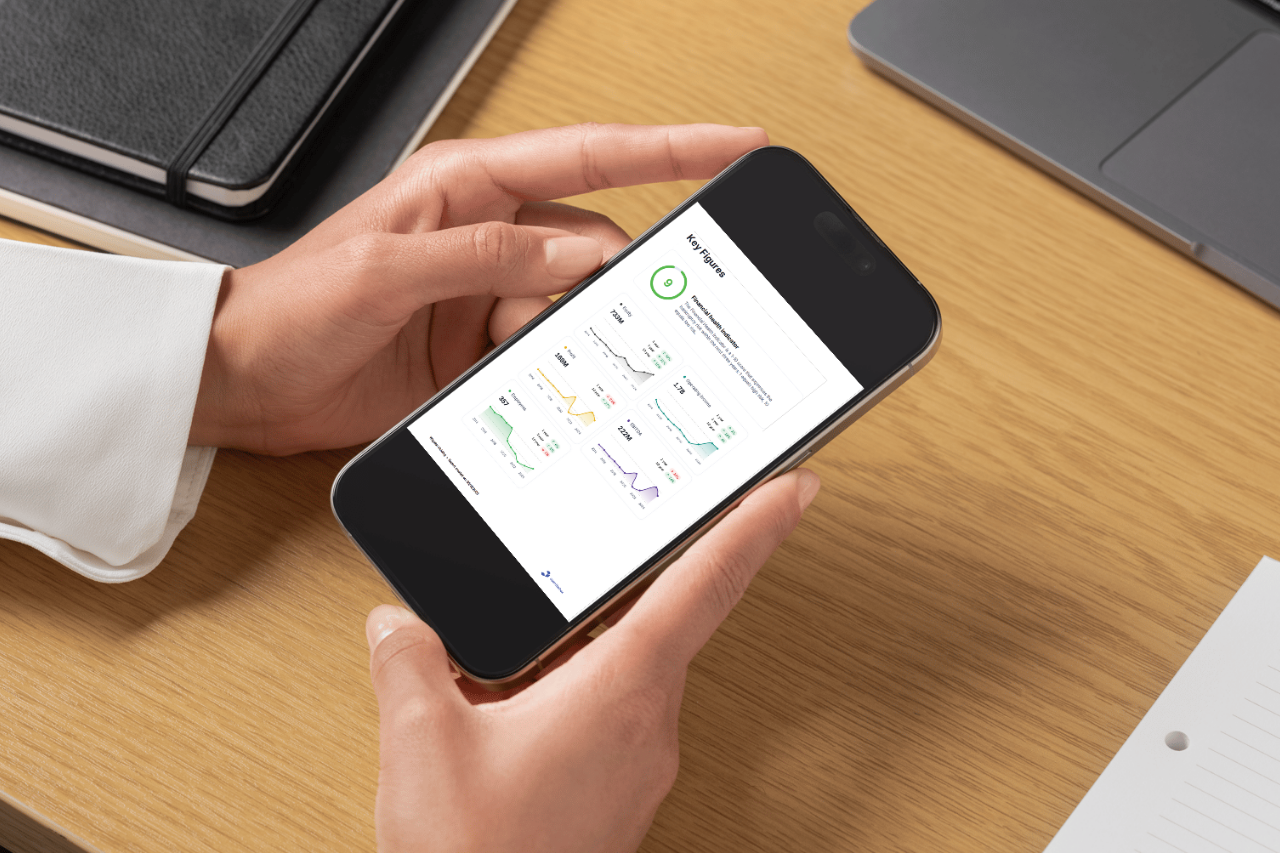.png)
The shift toward agentic enterprises—where AI agents automate processes, augment decision-making, and personalise client experiences—is gaining momentum across the financial sector.
Earlier this year, Cognizant & Microsoft’s white paper on The Agentic Bank set out a clear vision for this transformation: an intentional architecture built on data quality, intelligent orchestration, and human-AI collaboration.
Building on these insights, a recent think tank hosted by Cognizant, Microsoft, and The Banking Scene brought industry leaders together to explore practical steps toward this future—and to identify where the real opportunities and challenges lie as the industry evolves.
Key themes from the discussion
What emerged is a broad consensus: this is not a technology race. The same foundation models will be available to all. The difference will be in how institutions integrate AI into their operating models—through architecture, governance, and execution.
AI capabilities will increasingly commoditise. Competitive advantage will depend on how intelligently firms can orchestrate these capabilities, build trusted data foundations, and empower their people to create differentiated value.
Becoming an agentic enterprise is not about adding more tools. It requires rethinking how data flows through the organisation, how decisions are made, and how humans and machines work together to serve clients better.
Our three key observations for leaders driving this transformation:
1️⃣ Data is foundational
No orchestration or AI agent will succeed without trusted, well-classified, well-governed data. Institutions that invest early in data quality, governance, and architecture will have a structural advantage—both in AI performance and in regulatory trust.
2️⃣ Orchestration is where differentiation happens
The value is not in individual AI tools but in how they are coordinated with human expertise and client journeys. Intelligent orchestration - across systems, teams, and processes—will be where leaders pull ahead.
3️⃣ Human expertise will matter more, not less
As AI handles more tasks, human roles will evolve toward high-value, relationship-driven work. Trust, empathy, and expert judgment will become even more central to client experiences—especially in private wealth and complex financial services.
The path forward
The opportunity is clear, but so is the work required. Financial institutions that focus now on building strong data foundations, designing for intelligent orchestration, and rethinking human-AI collaboration will be best positioned for the agentic future.
In a landscape where AI capabilities are increasingly shared, it is execution - on architecture, governance, and human experience - that will set true leaders apart.


%20(1200%20x%20800%20px)%20(2).png)


